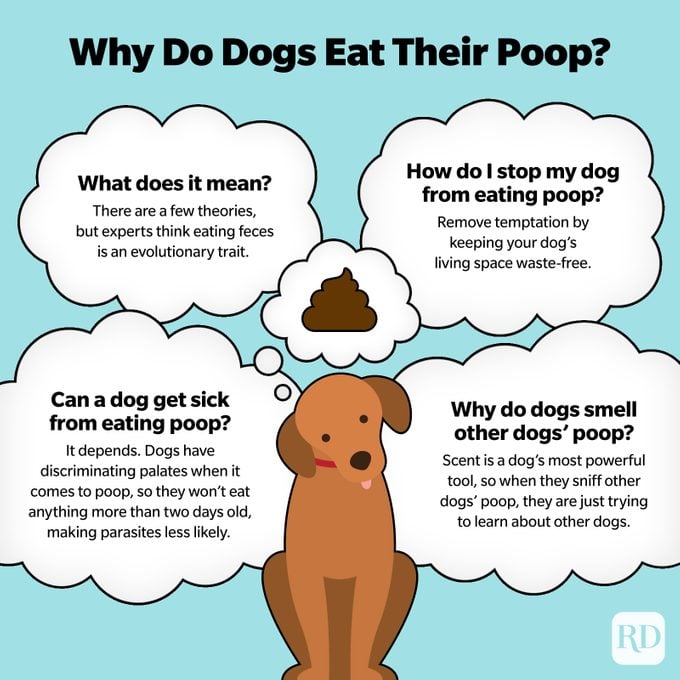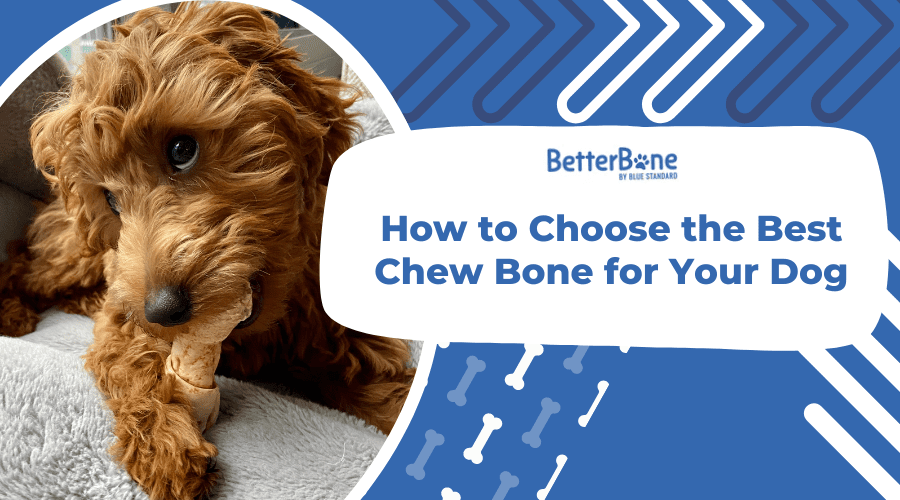Key Takeaways:
- Dogs may eat rocks due to a medical condition called pica, which causes them to crave and consume non-food items.
- Chewing on rocks can be a sign of boredom or anxiety in dogs, as they seek stimulation or relief from stress.
- Eating rocks can lead to serious health issues such as dental fractures, intestinal blockages, and digestive system damage.
- Proper training and mental stimulation can help prevent dogs from developing the habit of eating rocks.
- If a dog continues to eat rocks despite preventive measures, it is important to consult with a veterinarian for further evaluation and guidance.
Have you ever wondered why dogs eat rocks? It may seem like a strange behavior, but understanding the reasons behind it can actually be quite fascinating.
Not only will delving into this subject provide you with valuable insights into your furry friend's behavior, but it can also help you ensure their health and well-being.
Why do dogs eat rocks?
It can be puzzling why dogs would choose to eat rocks, but there are a few reasons why they might do this. One reason is that dogs have a natural instinct to explore their environment with their mouths. They may be curious about the texture and taste of rocks, especially if they are bored or looking for something to chew on.
Another possible reason is that some dogs eat rocks as a way to seek attention from their owners. If a dog realizes that eating rocks gets them extra attention or a reaction from their owner, they may continue this behavior to get what they want.
How does a dog's behavior change when they eat rocks?
When a dog starts eating rocks, you may notice some changes in their behavior. They may become more obsessed with finding and chewing on rocks, constantly searching for them during walks or in the backyard. Their appetite for food may decrease as they fill up on rocks instead. Additionally, you may observe changes in their bathroom habits, such as constipation or diarrhea.
If your dog has an underlying medical condition or if the rock gets stuck in their digestive system, you may also notice signs of discomfort or pain. These can include vomiting, drooling excessively, whining, or showing signs of distress.
Risks and dangers of dogs eating rocks
Eating rocks can pose several risks and dangers to dogs. One immediate danger is the risk of choking if the rock gets lodged in their throat. This can cause difficulty breathing and require immediate veterinary intervention.
Ingesting rocks can also lead to blockages in the digestive system. The rock may get stuck in the stomach or intestines, causing severe pain and potentially requiring surgery to remove it. In some cases, ingesting large or sharp-edged rocks can cause internal injuries or perforations in the digestive tract.
Furthermore, some rocks contain minerals or toxins that can be harmful to dogs. If a dog ingests a toxic rock, it can lead to poisoning and other serious health complications.
Can eating rocks cause health problems for dogs?
Yes, eating rocks can definitely cause health problems for dogs. As mentioned earlier, there is a risk of choking if the rock gets stuck in their throat. Additionally, if the rock passes through the throat and enters the digestive system, it can cause blockages or obstructions.
If a dog swallows a large or sharp-edged rock, it can damage their stomach or intestines as it moves through their digestive tract. This can lead to internal bleeding, infections, or other complications that require surgical intervention.
Ingesting toxic rocks can also have severe consequences on a dog's health. Depending on the type of toxin present in the rock, it may affect various organs and systems in the body and potentially be fatal if not treated promptly.
Signs and symptoms of a dog eating rocks
If your dog has eaten rocks, there are certain signs and symptoms you should watch out for:
- Vomiting
- Drooling excessively
- Loss of appetite
- Lethargy or weakness
- Abdominal pain or discomfort
- Bloody stool
- Coughing or gagging
- Difficulty breathing
- Whining or showing signs of distress
If you notice any of these symptoms or suspect that your dog has eaten rocks, it is crucial to seek veterinary care immediately. Early intervention can help prevent further complications and ensure the well-being of your dog.
What to do if your dog eats rocks?
If you catch your dog eating rocks or suspect that they have ingested rocks, here are some steps you should take:
- Stay calm: It's important to remain calm and avoid panicking, as this can distress your dog further.
- Remove access to rocks: Ensure that there are no more rocks within reach of your dog to prevent them from eating more.
- Monitor closely: Watch for any signs of distress or discomfort in your dog. If they show severe symptoms or you are unsure about their condition, contact a veterinarian immediately.
- Contact a veterinarian: If you notice any concerning symptoms or if you know that your dog has swallowed a large rock, it is essential to seek professional veterinary advice. The vet may recommend bringing your dog in for an examination or provide guidance on how to proceed based on the severity of the situation.
Tips to prevent dogs from eating rocks
To help prevent dogs from eating rocks, consider the following tips:
- Provide appropriate chew toys: Make sure your dog has access to safe and durable chew toys that satisfy their natural urge to chew.
- Supervise outdoor activities: Keep an eye on your dog when they are outside and redirect their attention if they start showing interest in rocks.
- Keep the environment clear: Remove any loose rocks or pebbles from areas where your dog spends time, such as the backyard or play areas.
- Engage in interactive play: Regular exercise and mental stimulation can help prevent boredom and reduce the likelihood of your dog seeking out rocks as a form of entertainment.
- Training and positive reinforcement: Teach your dog commands such as "leave it" or "drop it" to discourage them from picking up rocks. Reward them with treats or praise when they comply.
By implementing these preventative measures, you can minimize the risk of your dog eating rocks and ensure their safety and well-being.
In conclusion, dogs may eat rocks due to various reasons such as curiosity, boredom, or a nutritional deficiency. It is important for dog owners to provide proper mental stimulation, a balanced diet, and keep their surroundings safe to prevent this behavior.
Is it OK for dogs to eat rocks?
It is hazardous for a dog to chew on rocks as it can cause harm to their mouth and teeth. The sharp edges can cut their gums and tongues, while the act of crunching down can result in broken teeth. Moreover, if a dog swallows a rock, it can lead to vomiting, diarrhea, intestinal blockage, and potentially choking if the rock is too big for their throat.
How do I know if my dog has pica?
Pica is a frequent condition in which dogs consume non-food objects on a regular basis. For it to be categorized as pica, the dog must actually ingest the item rather than just chew on it. Dogs with pica often consume items such as metal, plastic, cloth, garbage, rocks, paper, dirt, and feces, which are not nutritionally beneficial.
Why do dogs eat dirt or rocks?
There are various reasons why dogs eat dirt. It could be due to boredom or stress, or simply because they smell something appetizing mixed in the mud. However, it could also indicate a health issue or a lack of adequate nutrition, according to the American Kennel Club (AKC).
What is pica in a dog?
Certain animals have developed uncommon feeding patterns, where they consume items like rocks, wood, plastic, strings, rubber bands, and other non-nutritive substances. This behavior, known as pica, refers to the continuous chewing and ingestion of non-nutritional materials that have no physical benefits for the animal.
What is pica in dogs and how is it treated?
Pica is a condition where individuals have an uncontrollable urge to consume non-food items. In the case of dogs, they may eat objects such as plastic, paper, wood, clothes, and rocks. The cause of pica in dogs can be either medical or psychological. The appropriate treatment will vary depending on the underlying cause and may involve behavioral adjustments or medication.
Why is my dog obsessed with a rock?
It has been suggested that certain dogs play with rocks to seek attention. Dogs perceive any form of attention, positive or negative, as valuable. So, if chewing on a rock is the behavior that gets them attention, it might be enough motivation for them to continue doing it.

















